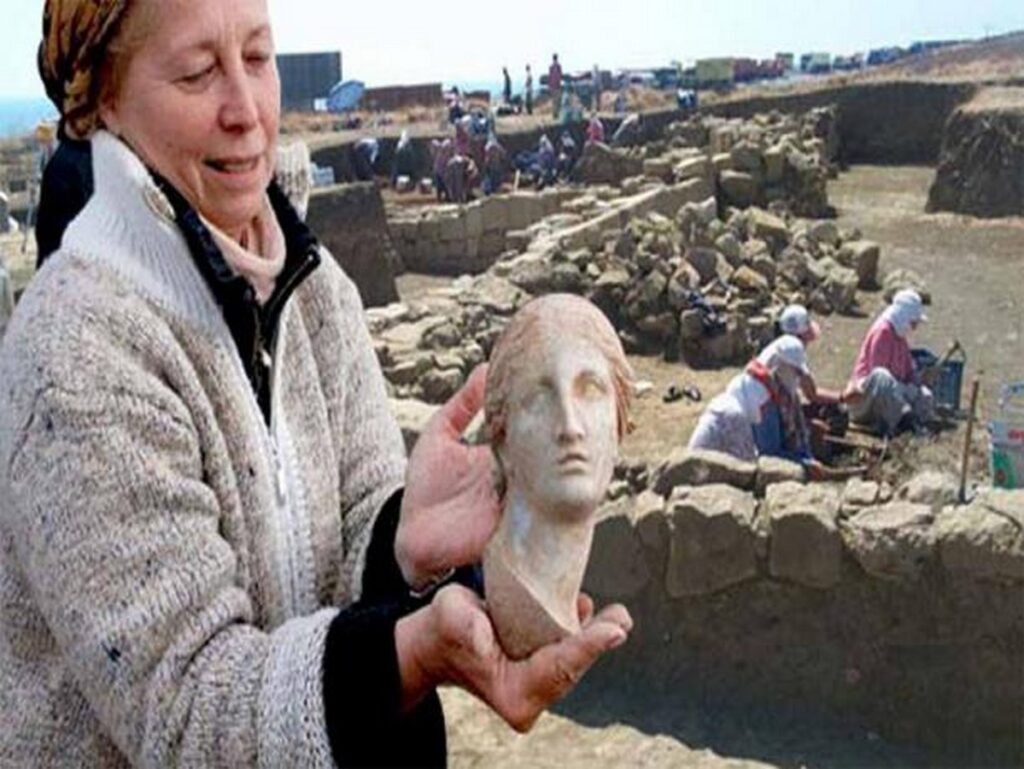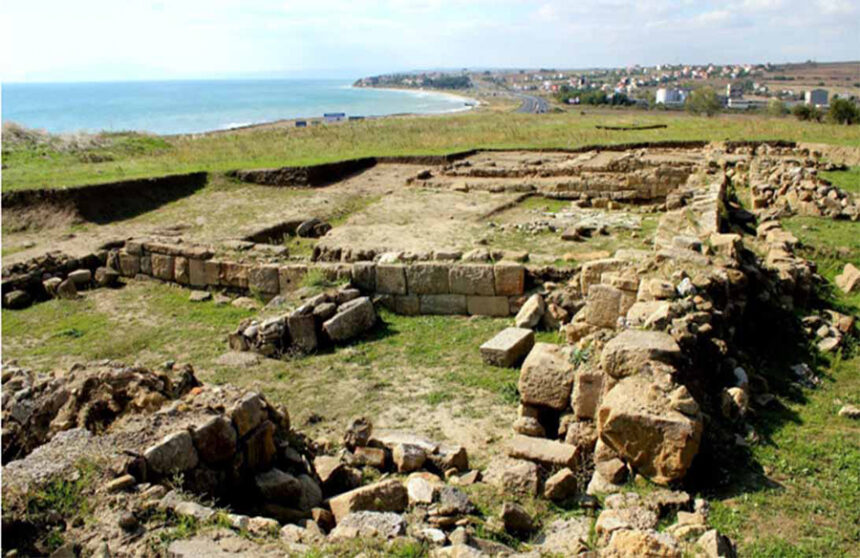Discovering an Ancient Temple
In 2021, archaeologists uncovered a 2,800-year-old temple at Heraion Teikhos, an ancient Thracian city in Turkey. Recently, researchers identified a water system leading to a space within the temple, which they believe served as an ancient pharmaceutical production area.
Exploring Heraion Teikhos
Situated on the north coast of the Sea of Marmara in the region of East Thrace, Heraion Teikhos offers insights into the rich history of the Thracian civilization. Excavations led by Professor Dr. Neşe Atik from Istanbul Rumeli University have been ongoing since 2000, revealing rare artworks and artifacts.

Unveiling the Thracian Civilization
The Thracians, renowned for their culture and military prowess, inhabited Southeast Europe from as early as 2000-1500 BC. Despite their lack of centralized governance, they made significant contributions to art, language, and warfare, leaving a lasting impact on the region’s history.
Pharmacological Practices in Antiquity
During the 8th century BC, civilizations had physicians and herbalists who practiced medicine at temples. At Heraion Teikhos, the excavation team aims to protect the site for cultural tourism while uncovering its scientific significance, particularly focusing on the pharmaceutical production area.
Ancient Water Systems and Medical Archaeology
The excavation revealed a sophisticated water system consisting of terracotta pipes and stone channels, indicating the presence of pharmaceutical production facilities nearby. This discovery is significant as it represents the first instance of medicine ovens and water systems being found in close proximity.
Insights into Thracian Medicine
Previous archaeological finds, such as surgical instruments discovered in Thracian tombs, suggest an advanced level of medical knowledge among the Thracians. The recent discovery at Heraion Teikhos further supports the existence of organized medical treatment within the civilization.
Evolution of Medical Practices
Ancient Greeks viewed medicine as a blend of spiritual and physical elements, believing in the influence of various factors on health. Similarly, the Thracians likely had spiritual beliefs regarding health and illness, evolving over time into practical medical practices.
Looking Ahead
The discovery at Heraion Teikhos opens new avenues for understanding ancient Thracian medicine and culture. As further excavations and studies unfold, more insights into the pharmaceutical practices and medical knowledge of the Thracians may come to light, enriching our understanding of ancient civilizations.



Leave a Reply